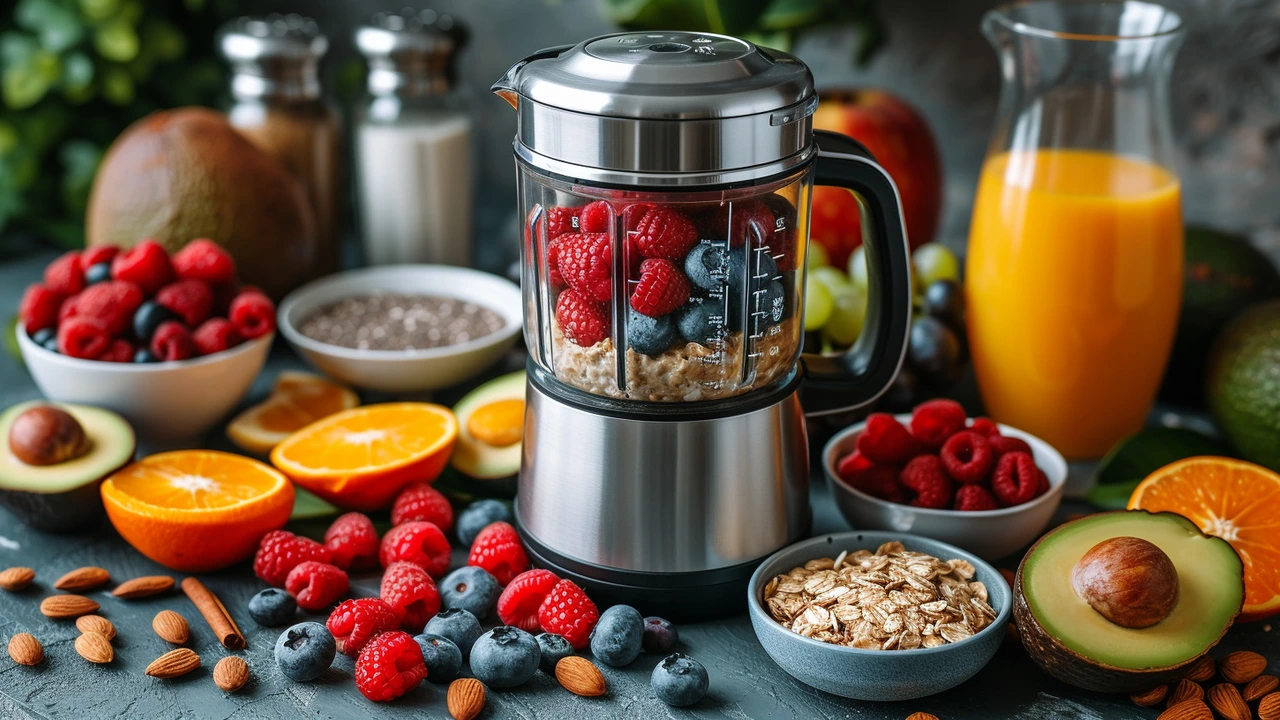Understanding Metabolism
Before we dive into how breakfast can boost your metabolism, let's first understand what metabolism is. It's a term that refers to all the chemical reactions in your body. These reactions help keep your body alive and functioning. The speed at which these reactions happen is referred to as your metabolic rate. Many factors influence this rate, including age, sex, muscle mass, and of course, diet and lifestyle. Some people naturally have a faster metabolism, while others may have to work a bit harder to keep theirs humming along.
The Importance of Breakfast
Think about the name: break-fast. After a long night of fasting, your body needs fuel to kick-start the day, and that's where breakfast comes in. Skipping breakfast can lead to feelings of lethargy, decreased cognitive function, and an overall sluggish metabolism. When you eat breakfast, you're literally breaking the fast, giving your metabolism a wake-up call and signalling it to start processing food and turning it into energy.
High-Protein Breakfasts for Metabolism Boost
Protein is a key player when it comes to boosting your metabolism. This is due to the thermic effect of food (TEF), which is the energy required by your body to digest, absorb, and process nutrients. Protein has a higher TEF compared to fats and carbohydrates, meaning you burn more calories to process protein than other macronutrients. A high-protein breakfast might include eggs, lean meats, Greek yogurt, or protein smoothies.
Don't Skimp on Fiber
Fiber is another essential nutrient that can help boost your metabolism. Fiber-rich foods take longer to digest, which can help keep you feeling full and satisfied until lunchtime. Additionally, high-fiber foods can help regulate your blood sugar levels, preventing spikes and crashes that can lead to cravings and overeating. Consider starting your day with whole grains, fruits, and veggies to get a good dose of fiber.
The Role of Healthy Fats
Don't shy away from healthy fats in your bid to boost metabolism. Yes, fats have more calories per gram than protein or carbohydrates, but they are essential for your body's overall health. Fats help you absorb vitamins, are essential for brain health, and can keep you feeling satisfied. Foods rich in healthy fats like avocados, nuts, seeds, and olive oil can be great additions to your breakfast.
Stay Hydrated
Water plays a crucial role in maintaining a healthy metabolism. Even mild dehydration can slow down your metabolic rate. Starting your day with a glass of water can kickstart your metabolism. You could also add a squeeze of lemon for some vitamin C and a refreshing twist.
Make Time for Breakfast
In our busy lives, it can be easy to skip breakfast or grab something quick and unhealthy on the go. However, for the sake of your metabolism and overall health, it's important to make time for a balanced breakfast. Prep your breakfast the night before if you're short on time in the morning. Remember, a healthy breakfast sets the tone for the rest of your day, so make it count!
